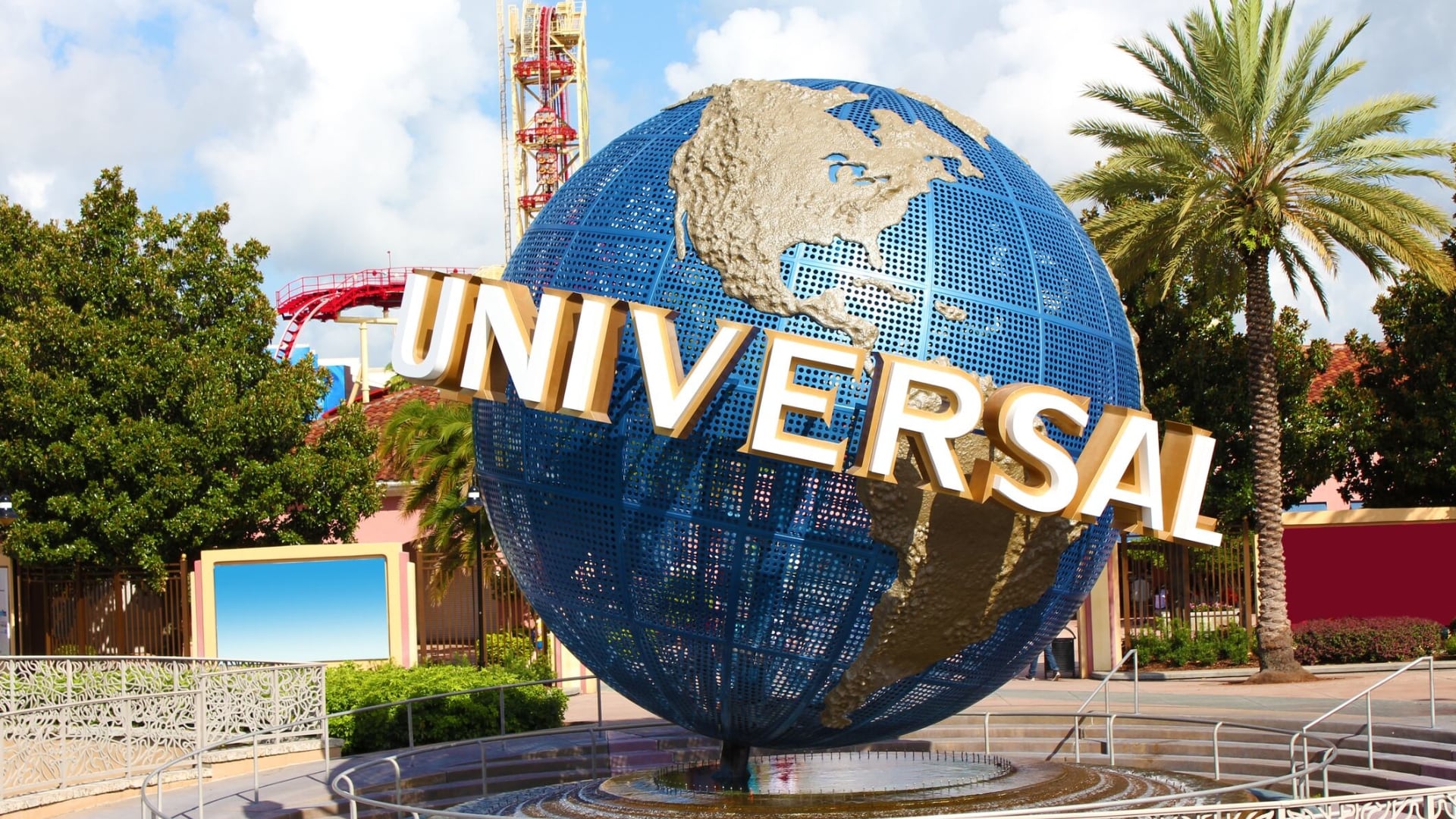By Stan Choe, Damian J. Troise, and Alex Veiga
Another roller-coaster ride on Wall Street whipsawed investors Wednesday as an early market rally reversed course by midafternoon, piling up more losses for stocks.
The S&P 500 had been up 1.9% in the early going following some better-than-expected readings on the U.S. economy, but the gains gradually gave way to a 1.2% skid. The afternoon reversal is the latest dizzying move for Wall Street's benchmark, which sank 2.3% on Friday for its worst loss since February, only to then rise 1.3% on Monday and then fall 1.9% on Tuesday.
The Dow Jones Industrial Average ended with a 1.3% loss, while the Nasdaq composite fell 1.8%. Both indexes had been solidly higher until the market's afternoon swoon.
The wild movements are partly the result of investors struggling to handicap how much damage the newest coronavirus variant will do to the economy. Markets were already headed lower Wednesday afternoon when the White House announced that the first case of the omicron variant had been found in the U.S., in a person who recently had returned from South Africa.
“Investors are going to have to get used to the idea that this is not going to be the last variant,” said Liz Young, chief investment strategist at SoFi. “This is likely something that is with us for a while and we have to learn to live with it and manage growth from an investment standpoint.”
Another weight dropped on Wall Street Tuesday when the head of the Federal Reserve said that it may halt its immense support for financial markets sooner than expected amid persistently high inflation sweeping the world.
But since climbing out of its early 2020 collapse caused by the first wave of COVID-19, one hallmark of the stock market's powerful run has been the continued willingness by bargain-hunting investors to buy following any dip in prices. That lasting habit has helped the S&P 500 set 66 all-time highs so far in 2021, the second-most on record for a year, according to S&P Dow Jones Indices.
It also helped the Dow initially climb 520 points Wednesday. The blue chip index ended up dropping 461.68 points to 34,022.04. The Nasdaq slid 283.64 points to 15,254.05, while the S&P 500 fell 53.96 points to 4,513.04.
Smaller company stocks fared worse than the broader market. The Russell 2000 index fell 51.49 points, or 2.3%, to 2,147.42. It had been up as much as 2.5% earlier.
Longer-term Treasury yields initially recovered some of their sharp drops from the day before, triggered by worries about slowing economic growth. But the rebound didn't last. The yield on the 10-year Treasury slid to 1.41% from 1.44% late Tuesday, when it fell from 1.52%.
Some better-than-expected data on the economy failed to avert the late-day wave of selling. A report from the Institute for Supply Management showed that growth in the U.S. manufacturing sector accelerated a touch faster last month than economists expected.
A separate report from payroll processor ADP said that non-government employers hired more people in November than economists expected. That could raise expectations for Friday’s more comprehensive jobs report from the U.S. government, though the ADP report doesn’t have a perfect track record predicting it.
A stronger economy would burn more fuel, and crude oil prices initially rose, briefly sending Benchmark U.S. crude 2.1% higher. But it shed those gains, closing down 0.9% at $65.57 per barrel. It momentarily dropped below $65 the day before.
Vertex Pharmaceuticals rallied 9.7% for the biggest individual gain in the S&P 500 after it reported encouraging data from a study of its investigational treatment for kidney disease. More than 80% of stocks in the S&P 500 fell.
Travel stocks had some of the biggest swings Wednesday. Norwegian Cruise Line climbed 4.6% in morning trading, but ended with an 8.8% loss. American Airlines flipped from a 3.1% gain to an 8% loss.
A measure of fear on Wall Street jumped 14.5%. The VIX, which shows how worried investors are about upcoming drops for the S&P 500, is still well above where it was before omicron walloped markets worldwide after Thanksgiving.
“The biggest driver of the near-term volatility has been omicron," said Terry Sandven, chief equity strategist at U.S. Bank Wealth Management. "It clouds near-term visibility, and it’s just simply too early to tell the extent to which it will evade existing vaccines and how severe it will be relative to other mutations. It’s the big unknown.”
The possibility of less help for markets from the Fed continues to hang over Wall Street. Chair Jerome Powell said Tuesday the central bank will consider an earlier halt to its monthly purchases of bonds, which are meant to goose the economy by keeping rates low for mortgages and other long-term loans.
That would open the door for the Fed to raise short-term interest rates, diluting one of the main reasons for the S&P 500's more than doubling since late March 2020. Low rates encourage investors to pay higher prices for stocks and have helped deflect criticism that the market had become too expensive. So a faster ramp up in short-term rates threatens stocks, but analysts say it could also be an encouraging signal about the Fed's confidence in the economy's strength.
Analysts also warn that the market is likely to remain jumpy until more clarity arrives on omicron's ultimate impact. With no answer yet on the effectiveness of vaccines against the variant, it's only a guess on whether governments will reinstate tough restrictions, people will be scared away from businesses or inflation will worsen.
___
AP Business Writrer Yuri Kageyama contributed.
Updated on December 1, 2021, at 5:01 p.m. ET.













